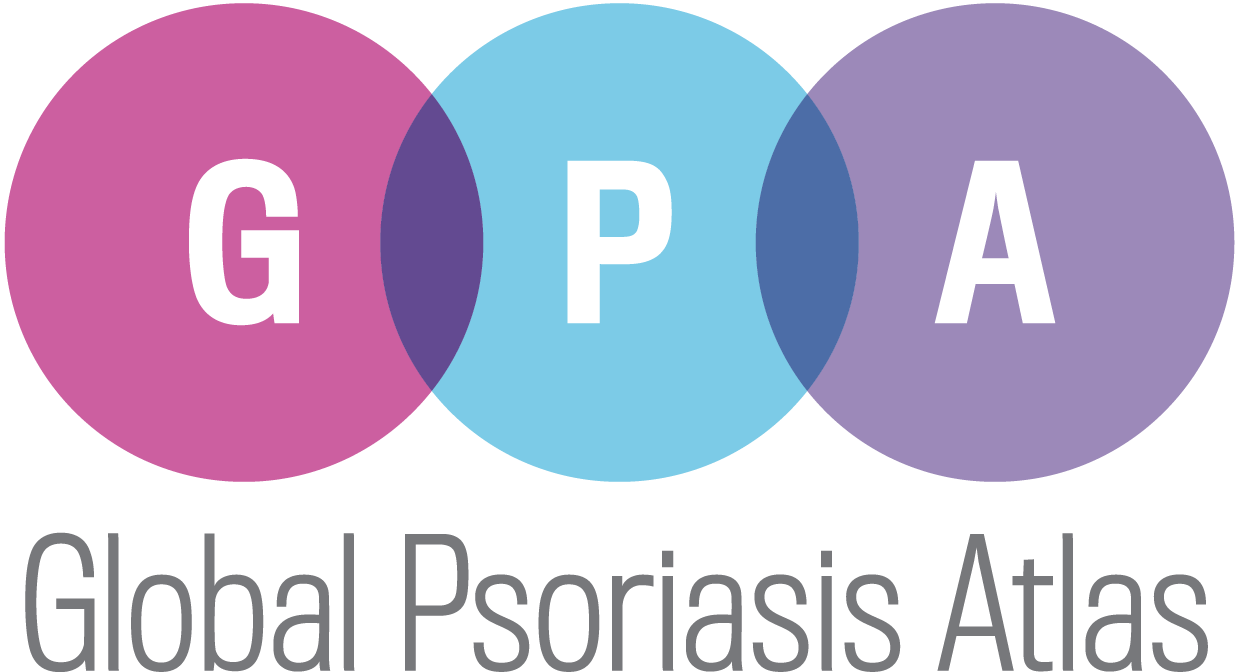Vision
The Global Psoriasis Atlas is the leading epidemiological resource on psoriasis globally; thus informing research, policy and health care provision for the disease worldwide.
Mission
The mission of the GPA is to provide the common benchmark on the complete burden of psoriasis in all countries and regions throughout the world. The GPA will leverage existing data from publications and registries; where gaps are identified additional studies will be commissioned.
The GPA is a longterm project that seeks to drive continuous improvement in the understanding of psoriasis and to uncover how it affects both the individual and society at large. Whilst the first edition of the GPA will focus on the incidence and prevalence of psoriasis, future additions will be expanded to include access to treatment, comorbidities and cost to society.










